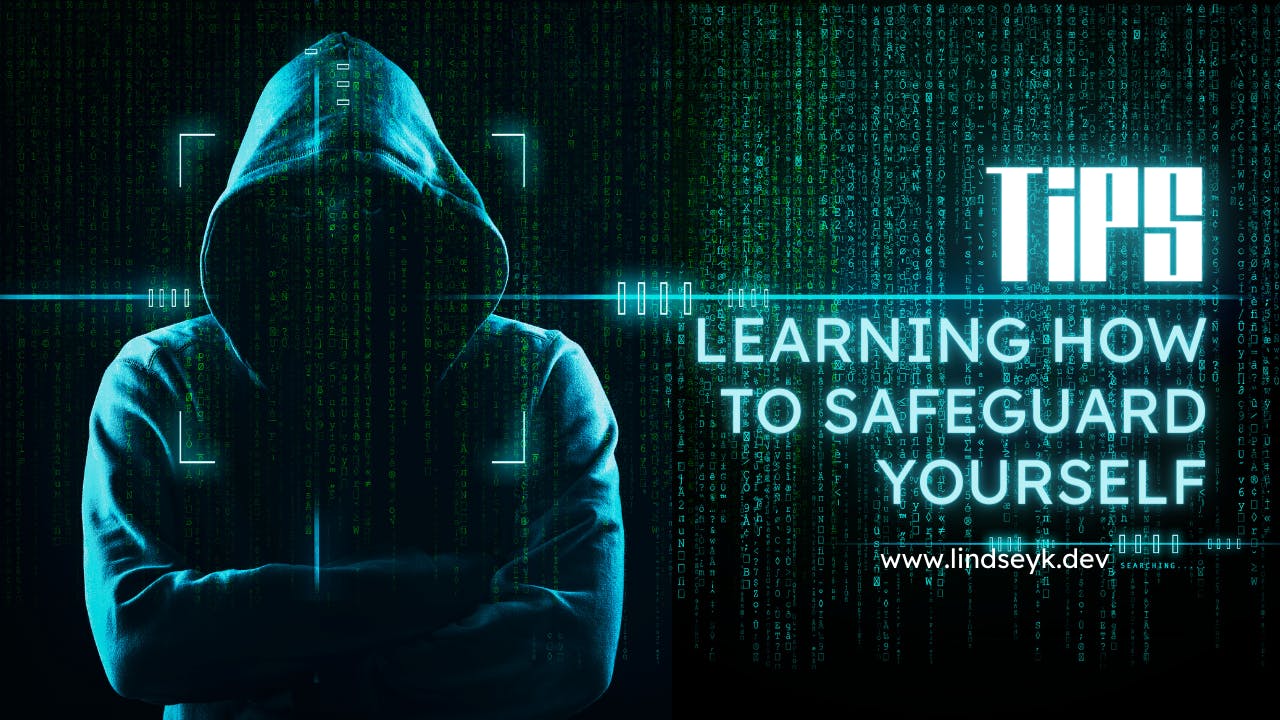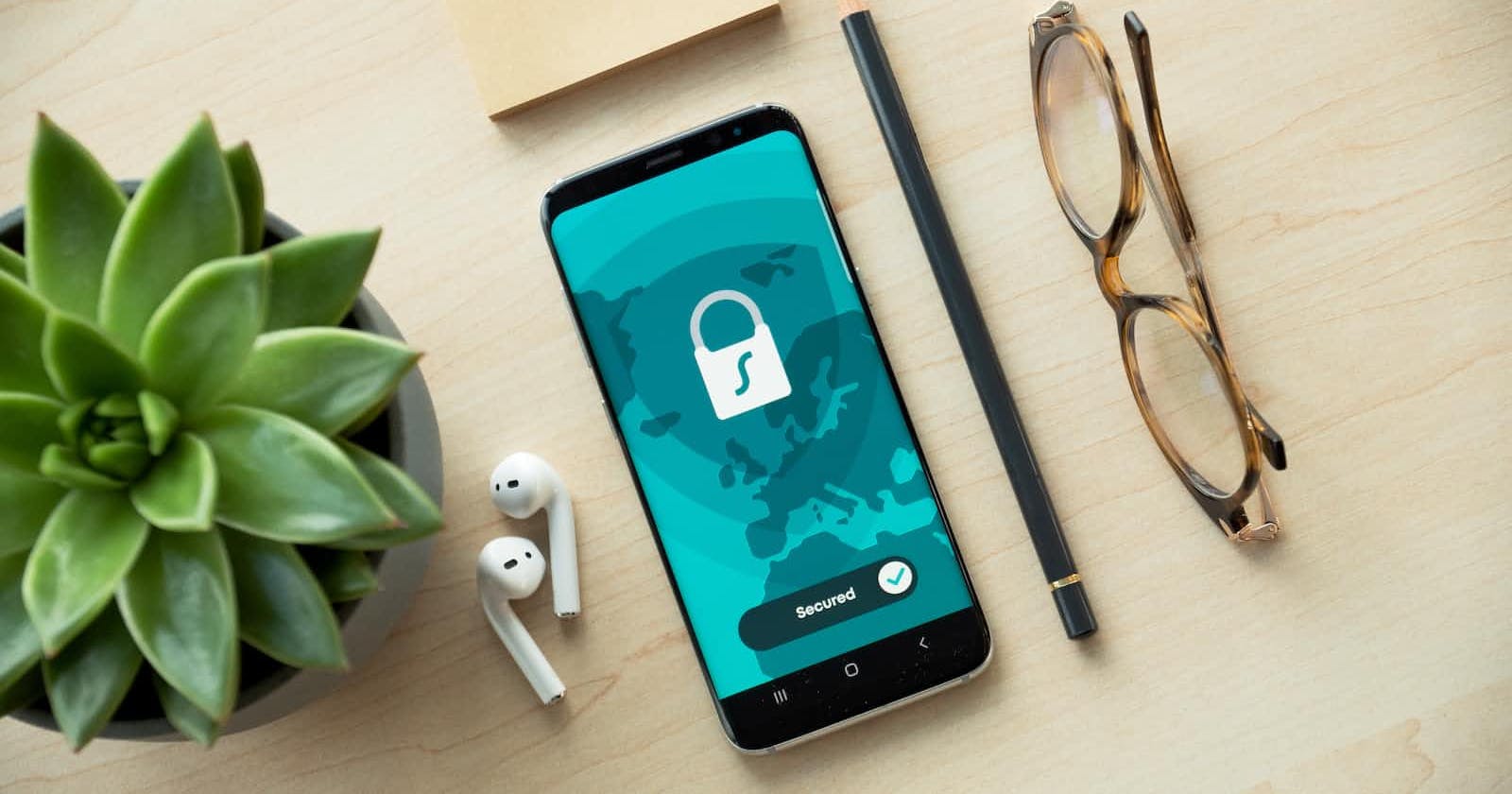Did you know?
Cybercrime rates have increased by 300% since the beginning of the COVID-19 pandemic. In the US, a data breach costs an average of $9.44M, and cybercrime is predicted to cost $8 trillion by 2023.
95% of all data breaches occur as a result of human error.
Social engineering tactics are a key method for obtaining employee data and credentials. Over 75% of targeted cyberattacks start with an email.
Phishing is the most common type of cyber crime. It's a deceptive email or message that tricks users into giving private information. More than 90% of all cyber attacks start with phishing.
There are around 2,200 cyber attacks per day, or about one every 39 seconds.
So, how do we protect our digital identity?
Use strong passwords
Use a complex password that combines letters, numbers, and symbols. Avoid reusing passwords across multiple sites.
Use multi-factor authentication
This security tool requires users to sign in using more than one method of verification.
Lock your devices
Lock your device after a certain amount of activity to safeguard data if your device is stolen or accessed while you're away. You can also turn on location tracking if your device is lost or stolen
Write down your serial numbers to all important devices
Monitor your credit
Freezing your credit can help prevent fraudsters from opening new financial accounts or lines of credit in your name. You should also monitor your credit reports.
Use secure Wi-Fi or a VPN
Only use secure Wi-Fi or a VPN.
Keep your devices and software updated and backed-up
Invest in a security and identity protection solution.
That's just a start.

More tips for keeping yourself safe:
Safeguard your social security number: You may want to consider doing a few things to help safeguard your Social Security number. According to the Federal Trade Commission (FTC), it's a good idea to leave your Social Security card at home and in a secure place. You may also want to ask why a Social Security number is needed before sharing it. For example, it may not be necessary to provide your child's Social Security number to register for the school year or to enroll in after-school activities.
Get security software that updates automatically: As efforts to outmaneuver identity thieves evolve, so do the thieves' tactics. The FTC says one way to help combat this is to make sure the security software, operating system, browsers and apps on your computer and smartphone are up to date. This may help protect your devices against potential identity thieves who try to take advantage of bugs or security holes in outdated software, systems or browsers.
Set up an external drive for data storage: The FTC suggests backing up your computer data to an external hard drive. You may want to also consider printing off your most important files, such as financial documents and family photos. That way, if your digital copies are compromised, you'll have hard copies. Be sure to store the drive or hard copies in a fireproof safe or safe deposit box.
Use an encrypted connection: Guard online transactions by only sharing personal information on websites that use encryption. Not sure if a website is encrypted? Check your browser's status bar. A "lock" symbol means that your data can be safely exchanged. The FTC also warns that you should be careful when using public wireless (Wi-Fi) networks. These unsecured networks generally mean anyone can see what data you send and receive (unless you are visiting an encrypted website). Save personal financial transactions, like checking a bank account balance, for secure networks.
Use secure passwords: How often do you change the password for your email address? How many times do you reuse the same password on multiple sites? Do your passwords contain upper and lower case letters, symbols, numbers, or, preferably, a combination of all four?
Use social media safely: Social media sites may serve as entry points for identity thieves. Because of this, you should avoid oversharing on social media, the FTC advises. Make sure your profiles do not list personally identifiable information (PII), such as your full name, birthday or other important account numbers. As a general rule, the less information about you that's publicly available online, the safer your digital identity may be.
In a world driven by technology, cybersecurity is not merely an option; it is a necessity. Safeguarding your digital fortress requires a proactive approach, a keen awareness of evolving threats, and a commitment to adopting and maintaining robust security practices. By staying informed and implementing the recommended strategies, you can navigate the digital landscape with confidence, knowing that your digital assets are well-protected against the ever-evolving cyber threats of the modern age.


